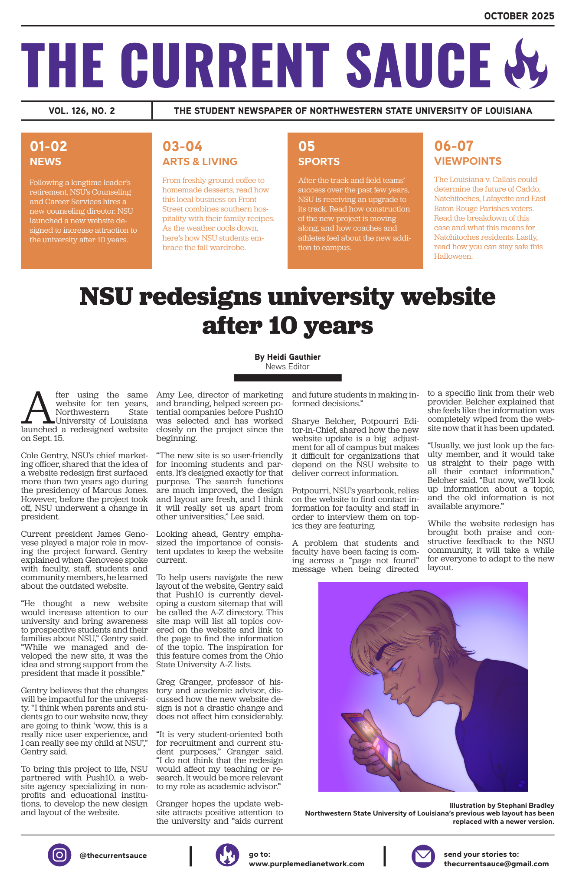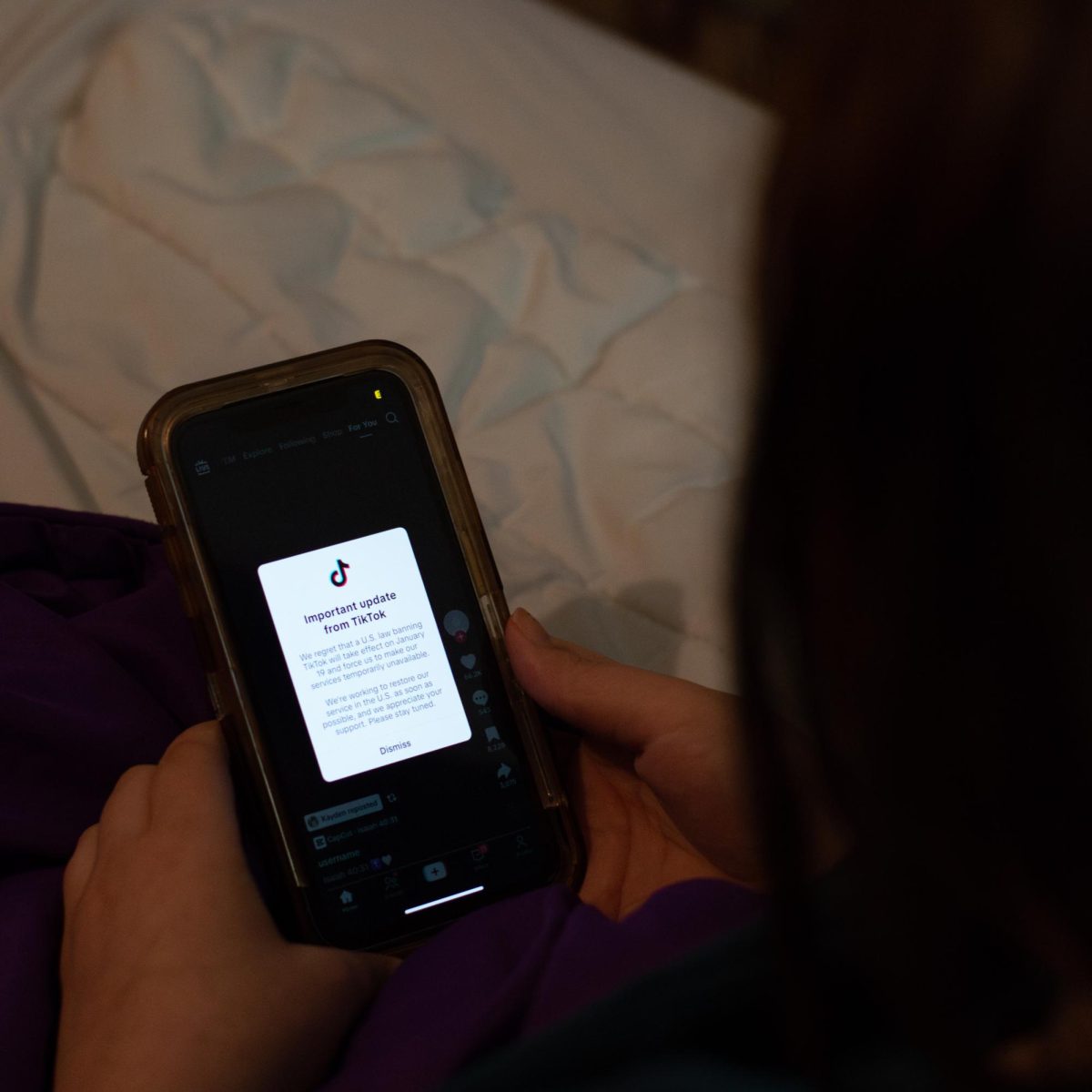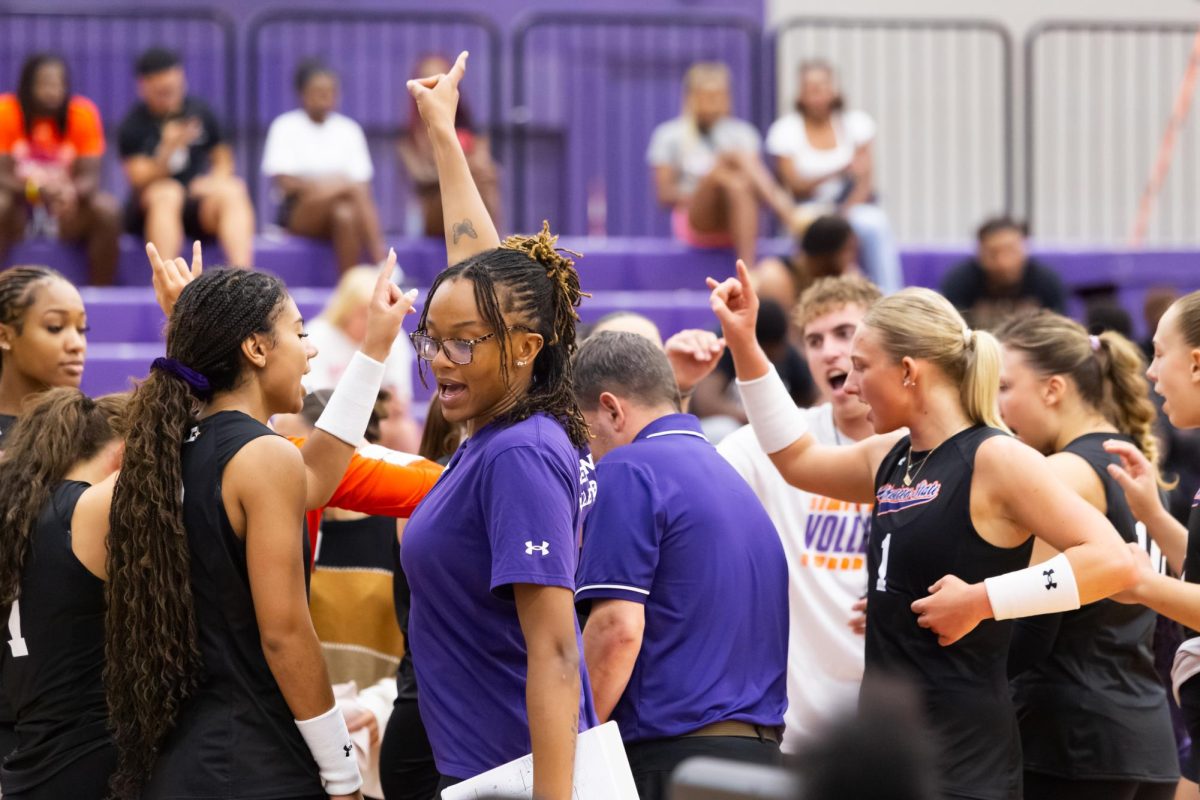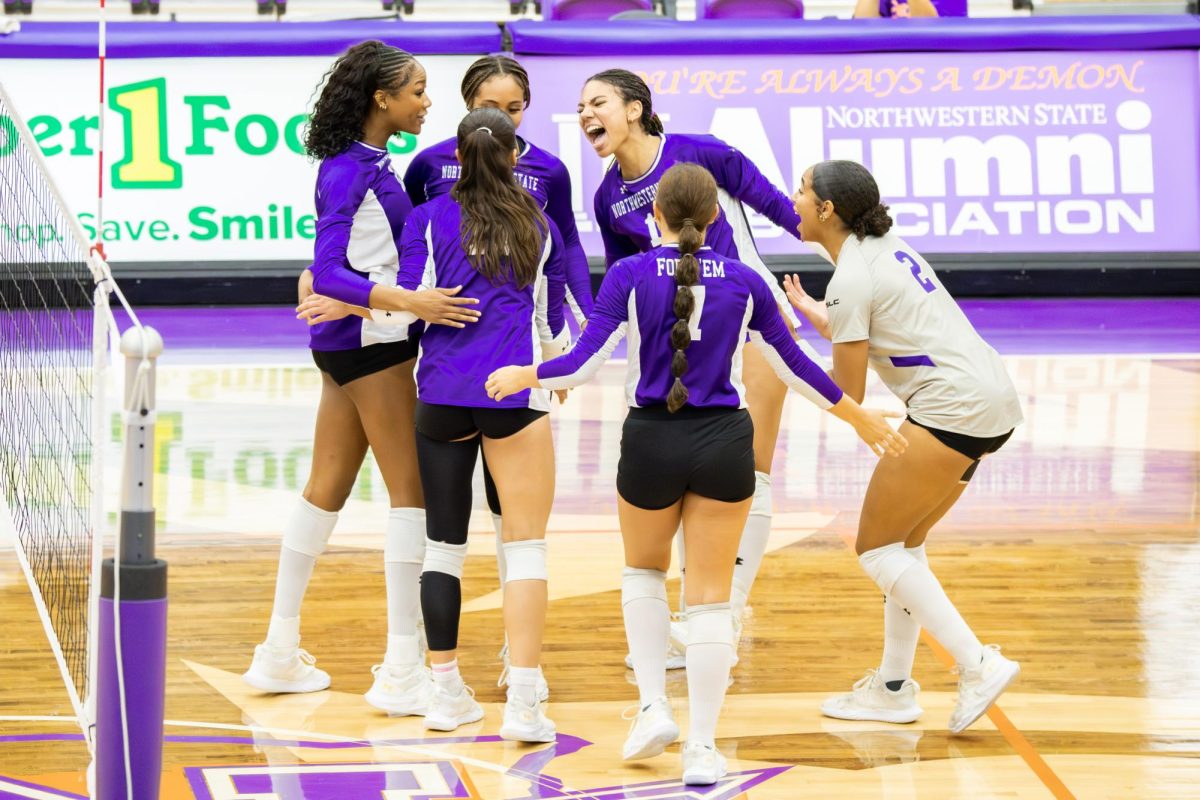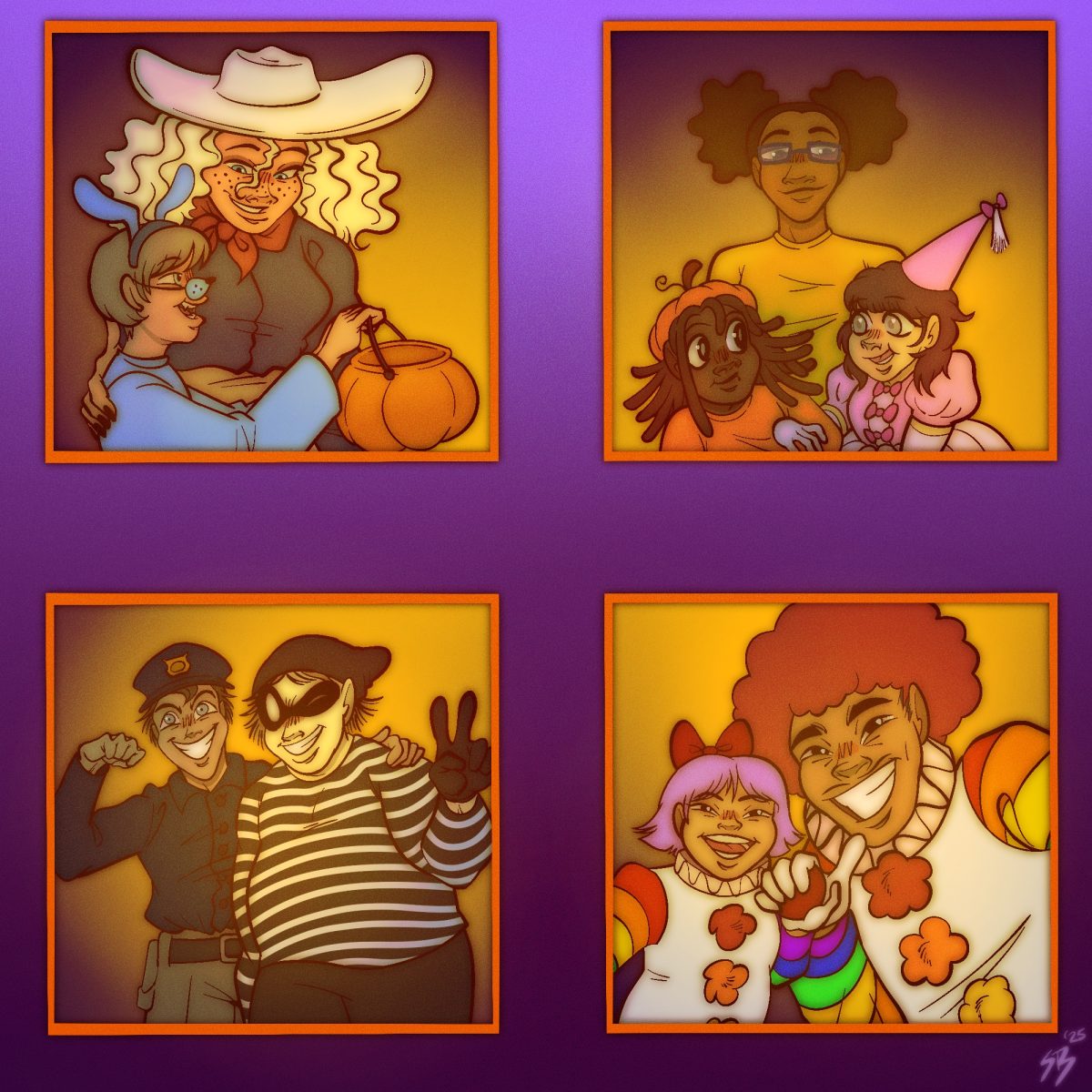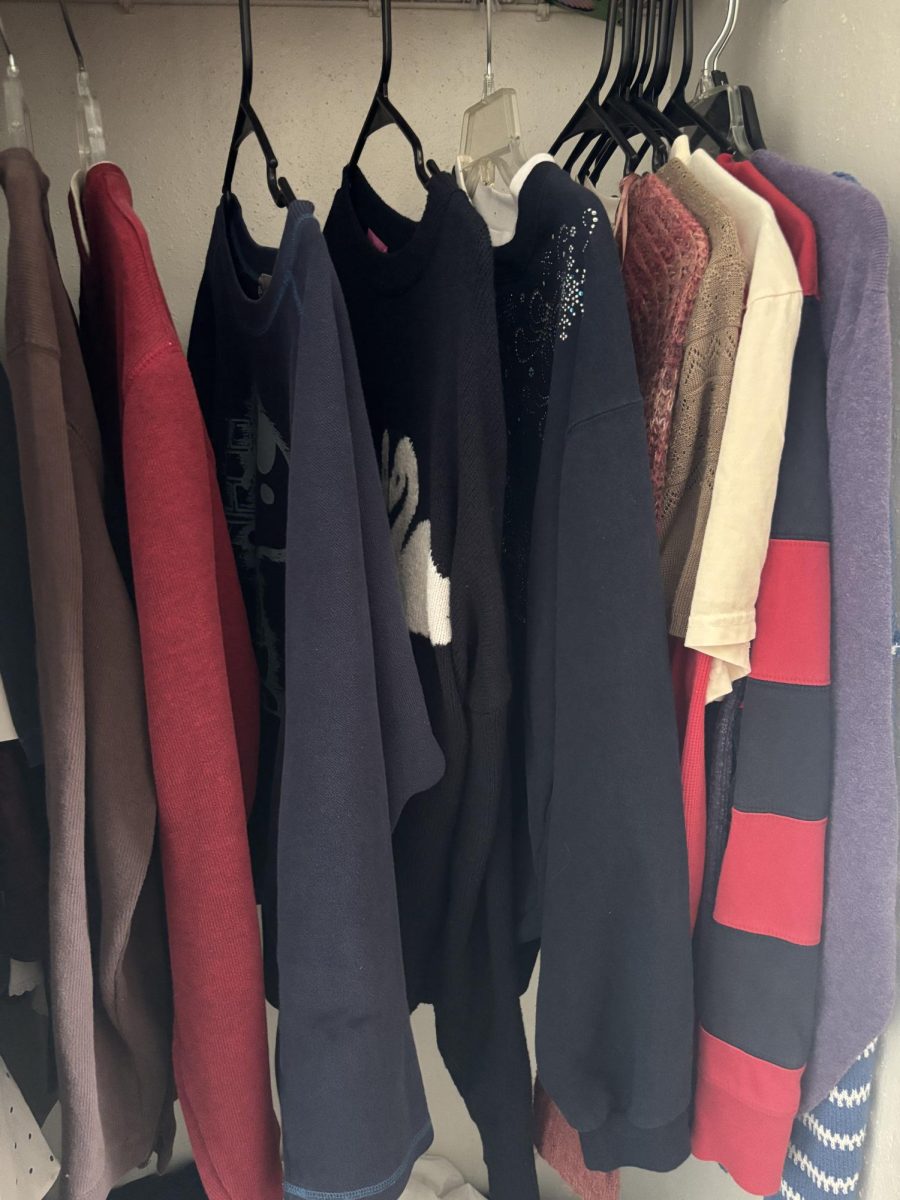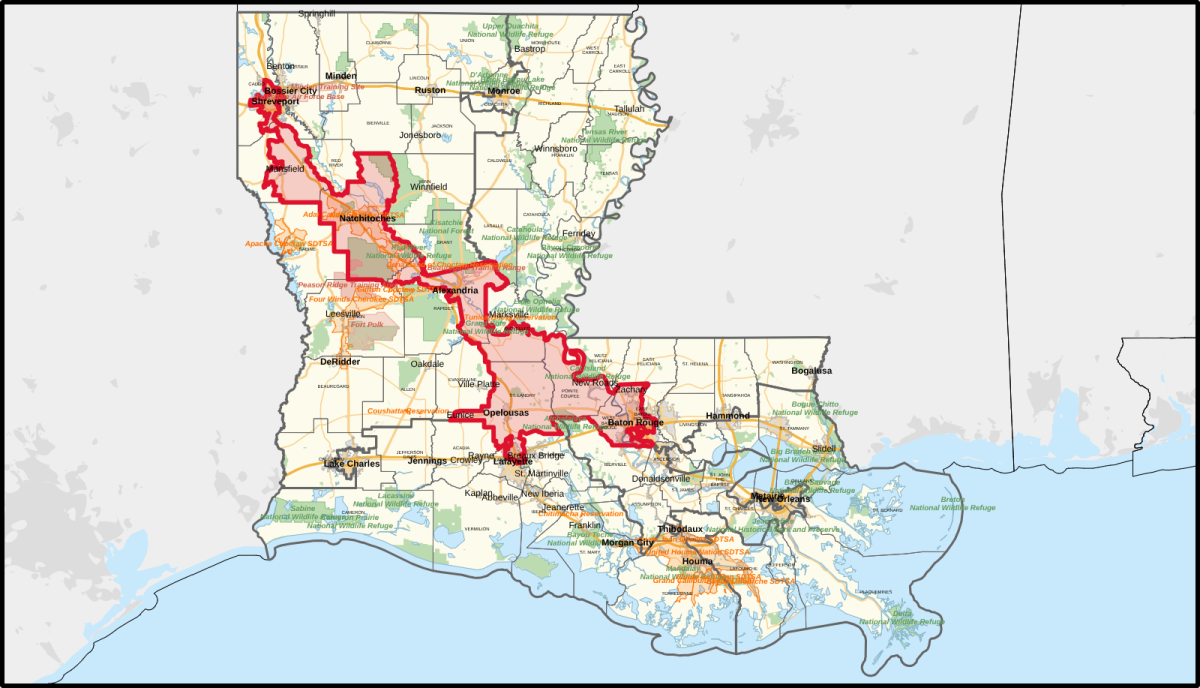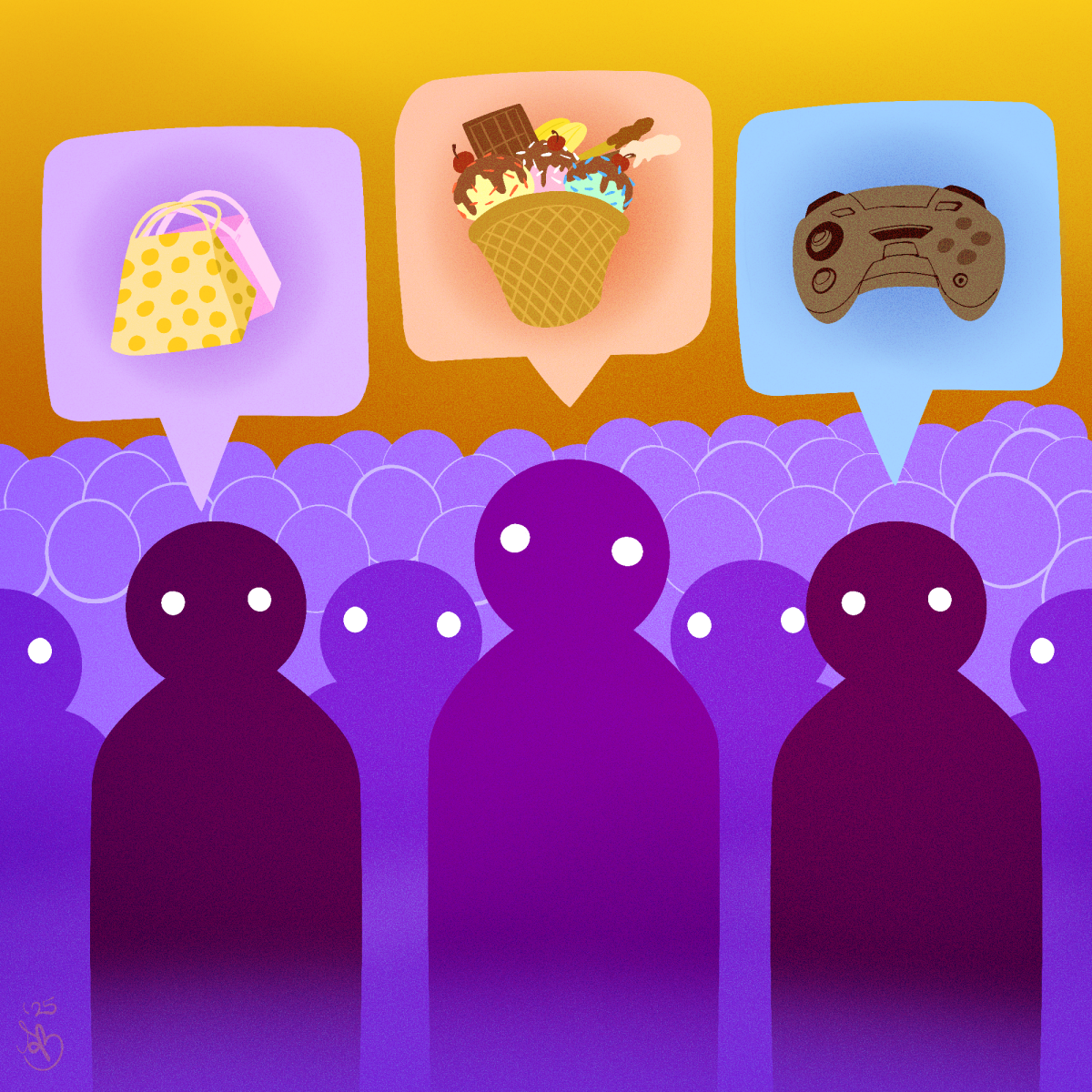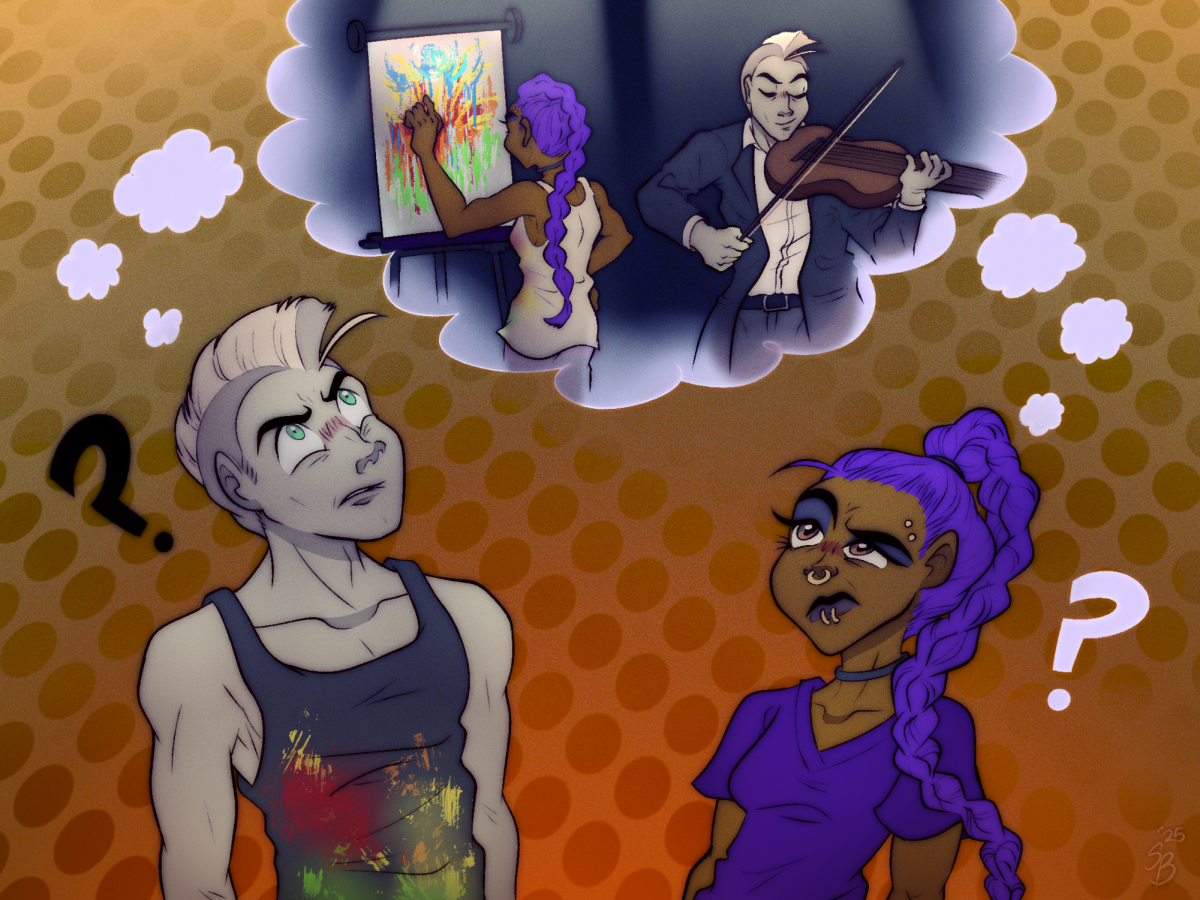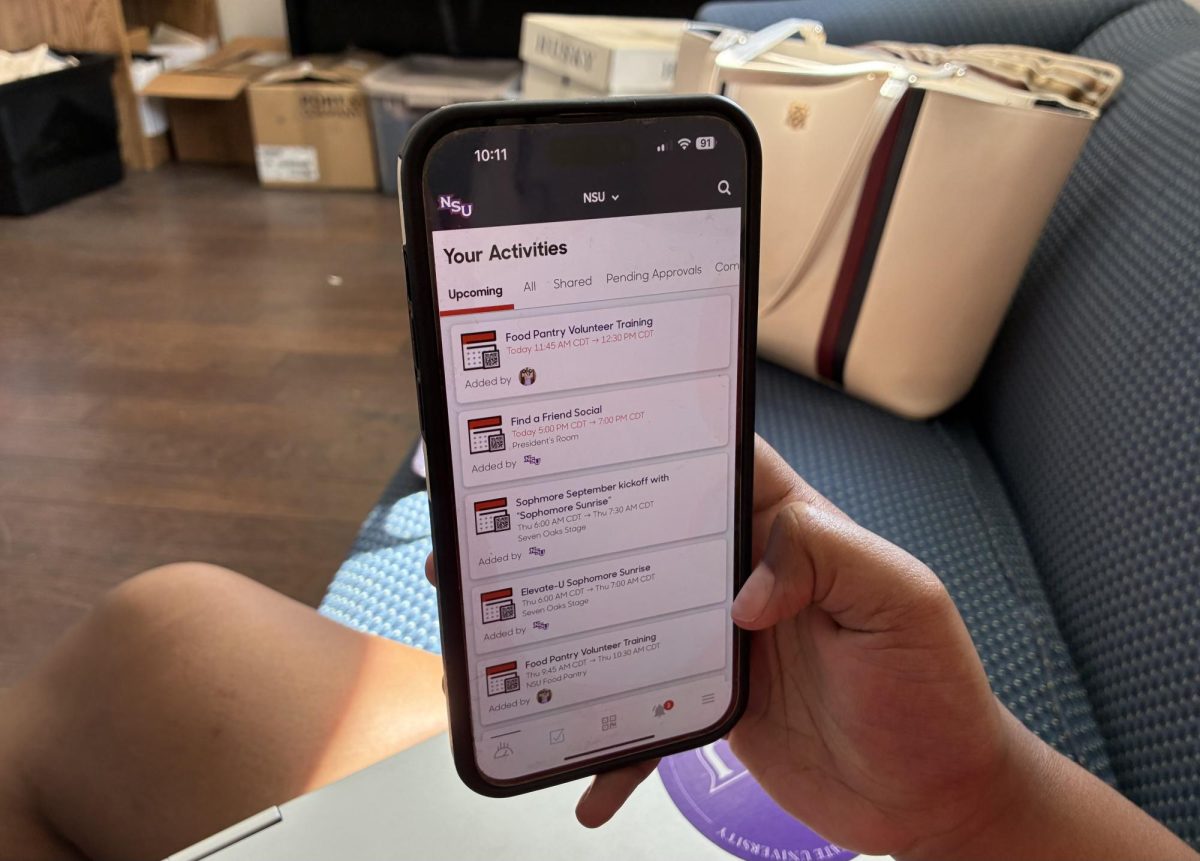As the years pass, the conversation among United States government officials continues to debate if the beloved social media platform known as TikTok will be allowed to continue operation in the U.S.
The trial against TikTok began in 2019 following a federal charge against ByteDance, an internet technology company based in Beijing and TikTok’s parent company, for violating U.S. child- privacy laws, according to AP News. Bytedance agreed to pay a $5.7 million fine as settlement, however this charge was only the beginning of what the U.S. government has named to be a significant data security threat to the nation. Later in 2019, the U.S. government initiated a federal investigation of TikTok’s creation which ultimately sparked the demand that Bytedance must sell TikTok in order to continue its operation in the U.S.
Essentially, the U.S. threatened that if Bytedance does not find a new buyer, the app will be banned on all devices under a U.S. IP address.
Bytedance has not agreed, in any pretense, to sell. Instead, the U.S. has consistently offered time extensions for Bytedance to find a buyer. Therefore, the ban has yet to come to full fruition leading many of the app’s users to believe that a ban may never come. However, in recent weeks the debate has become more real than ever following a 12-hour ban which took place on the night of Jan. 18 into the morning hours of Jan. 19.
As conversation surrounding the ban takes flight, the question of motive arises with it: Does the U.S. government have a genuine concern for data privacy and the well-being of their nation or do they simply wish to use the world’s largest propaganda tool, social media, solely for their gain?
Students at Northwestern State University of Louisiana share their opinions regarding the TikTok ban.
Claire Parent, sophomore vocal performance major, believes the TikTok ban should not be of primary focus.
“It’s been blown out of proportion and the government has way more important issues that they need to spend time on besides an app,” Parent said.
In fact, she does not think the ban will happen at all.
“I think the ban felt a little setup,” Parent said. “I don’t think TikTok will ever actually be banned, but I think it’ll eventually be bought by someone else and might change a bit.”
Personally, I’d like to consider this from the point of view of the parent company. Bytedance purchased a dying company, which formerly managed the social media app Musically, in 2017 and built it up to be one of the world’s most beloved social media platforms just to be told that to keep the app thriving they must sell it to a “non-chinese buyer.” Call me crazy but I think that’s discrimination in some way or another?
For argument’s sake, let’s say the U.S. government isn’t being racist, and a Chinese owner does pose a threat to U.S. users, therefore the U.S. government is not being racist but instead is speaking on behalf of a nation of users and their safety. To that I say, who are they to say that we feel our safety is threatened?
Lynsey Plunkett, sophomore English major, prefers to keep TikTok even if it means having her information taken.
“I don’t care who has my information. What do you wanna see? My TikTok edits?” Plunkett said.
How can they speak on behalf of the nation whose wishes they so blatantly ignore?
This in itself seems to be a violation of the First Amendment’s promise of freedom of speech.
Teldrick Cooper, junior communication major, hopes to keep the app for as long as possible.
“As long as I have TikTok, I don’t have a problem with what’s going on with who, who owns what, as long as my algorithm is good and I do what I need to do, I’m good,” Cooper said. “As long as I want it, we should have it.”
While keeping TikTok running in the U.S. is the priority to most users, myself included, I feel it is also important to consider the possibility that there may be a threat.
According to Harvard Law forum, a large factor in the country’s trial against Bytedance is Article 7 of the national Chinese intelligence law which states that “all organizations and citizens shall support, assist, and cooperate with national intelligence efforts in accordance with law, and shall protect national intelligence work secrets they are aware of.”
Perhaps, this law truly does pose a threat to our safety as users of TikTok. Maybe it is as dangerous as the U.S. government believes it to be. After all, we never truly know what goes on behind the scenes.
It is this factor of mystery which leads the public into further questioning and theorizing. Jeanette Bentancourt, senior veterinary technology major, shares her theory regarding the TikTok ban in relation to President Donald Trump, recently inaugurated 47th president of the U.S.
“I think it was a conspiracy. They did it, they banned it for 12 hours just so Trump can have the gen Z vote,” Bentancourt said.
Lyle Harriman, junior instrumental and vocal education major, also believes that Trump’s involvement is rather suspicious.
“I don’t personally use the app much, so I didn’t care about it that much, but it did get me thinking about the other motives behind doing such a thing,” Harriman said. “It was most likely a one-time thing to try and gain popularity by claiming to fix a problem that Trump started in the first place and trying to look good doing so.”
Conversation surrounding Trump’s closely timed inauguration and his role in instating the most recent 90-day extension has led many to believe in an ulterior motive. I suppose this theory would support that the U.S. government is after the power which social media propaganda supplies.
In an attempt to justify the government’s case, for instance, many may have seen a viral video where Republican Sen. Tom Cotton of Arkansas questions Shou Zi Chew, Chief Executive Officer of TikTok, on his citizenship during trial. To this questioning, Chew repeatedly insists that he is a citizen of Singapore. This video alone led thousands of commenters to believe that because the Chew is Singaporean, then there must be no correlation of TikTok to China. Many of these comments dissed Cotton for his “lack of intelligence” and offered sympathy to Chew.
While I am in no way defending Cotton’s actions, I believe this in itself is propaganda on behalf of TikTok. By shedding light on one small clip of Chew, many viewers’ attention was led away from the fact that the issue the U.S. government proposes is with the parent company and not the CEO.
This is the power of propaganda: it works both ways. But at the end of the day, no one knows what goes on behind closed doors. So, does the U.S. government have a genuine concern for data privacy and the well-being of their nation or do they simply wish to use the world’s largest propaganda tool solely for their gain?

